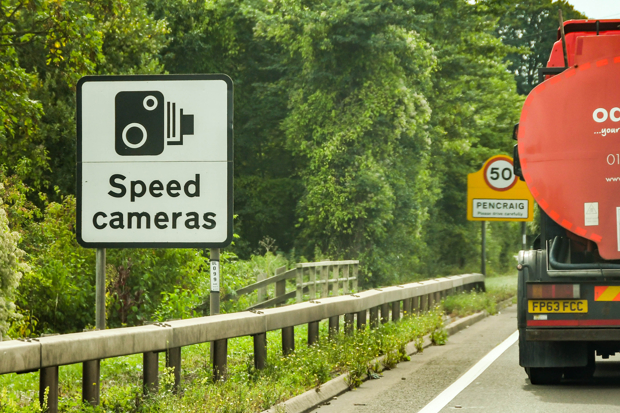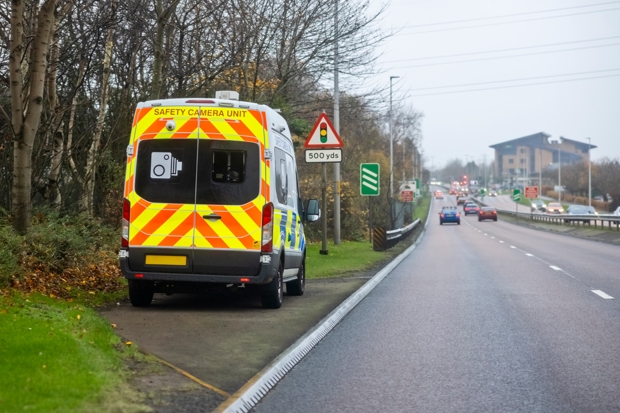The cost of speeding: Just three points can see your insurance increase by £120

Getting three points on your licence will see your insurance premium rise by £120 on average. That's according to new research from GoCompare.
The average fully comprehensive policy goes up from £390 to £511 – and for those with multiple offences, it goes up even more, to an average of £664.
More than 97,000 policies purchased in 2023 were by motorists who included a speeding offence.
But while this was up 1.7% on 2022, it was still 4% shy of 2020, when more than 101,000 motorists disclosed speeding penalties.
"Getting caught can have a serious impact on your wallet, as you’ll suffer a fine and the knock-on effect of higher insurance prices," says GoCompare’s Tom Banks.
"It’s shocking to see that so many drivers are still taking the risk, with a collective fortune being lost as a result. Millions are being chucked down the drain due to exceeding sped limits, so it’s clear that many motorists need to exercise more caution when driving."
Speeding motorists are spending around £84m a year on fines – with Londoners alone accounting for more than £10m of the UK-wide figure.
The £84m is a minimum amount too, says GoCompare, as it is based on the standard speeding penalty of £100.
More serious offences attract much bigger fines – meaning the overall figure is probably even higher, too.
The Metropolitan Police earned the most, with more than 100,000 speeding motorists in Greater London paying £10.2m in speeding tickets.
This, estimates GoCompare, is enough to pay for more than 300 police cars.
Other police forces that received rich returns from speeding motorists include Avon and Somerset, which received £4.9m, and West Yorkshire, which received at least £4.46m.
Greater London and West Yorkshire, added GoCompare, are among the areas with the highest volume of speed cameras in the UK.
The comparison site carried out the research because of the impact that driving licence points due to speeding can have on the cost of car insurance.
Motorists are obliged to tell their car insurer when they receive a penalty, or their insurance policy could be invalid.

Which is more accurate - my car's speedometer or my sat nav?


